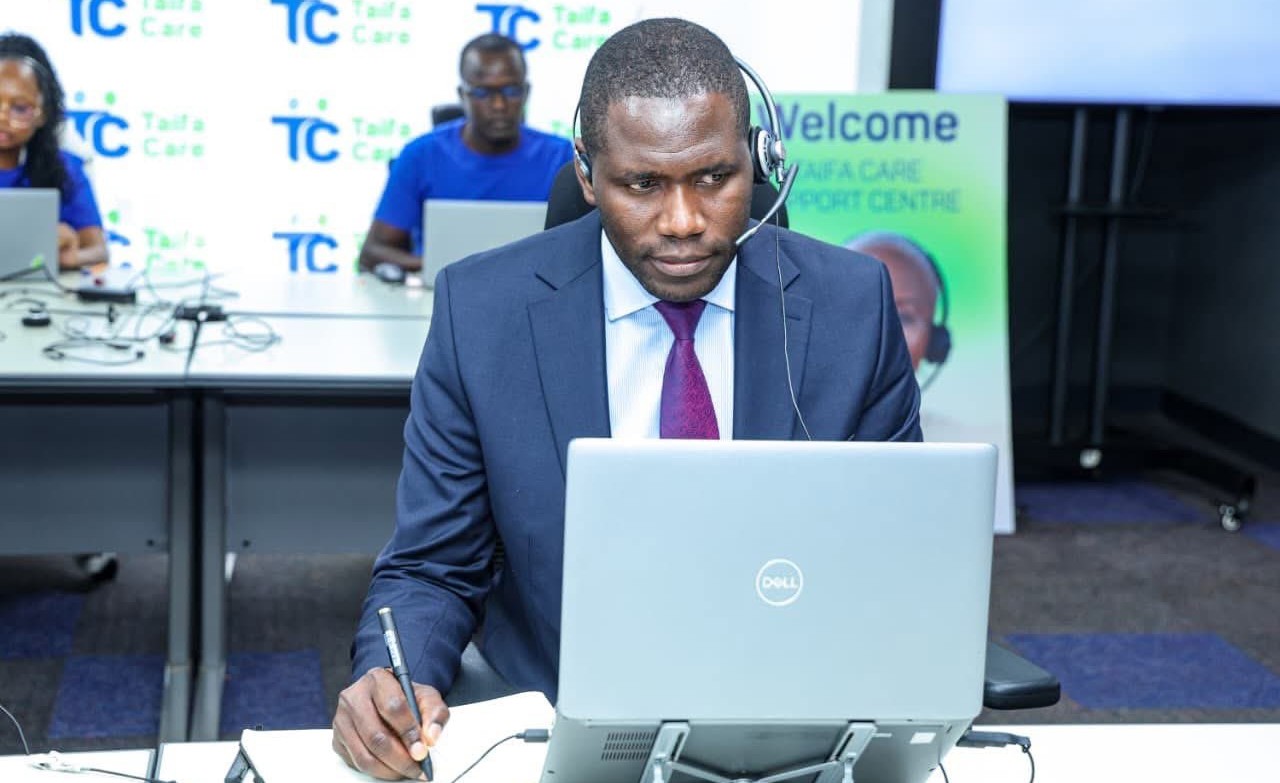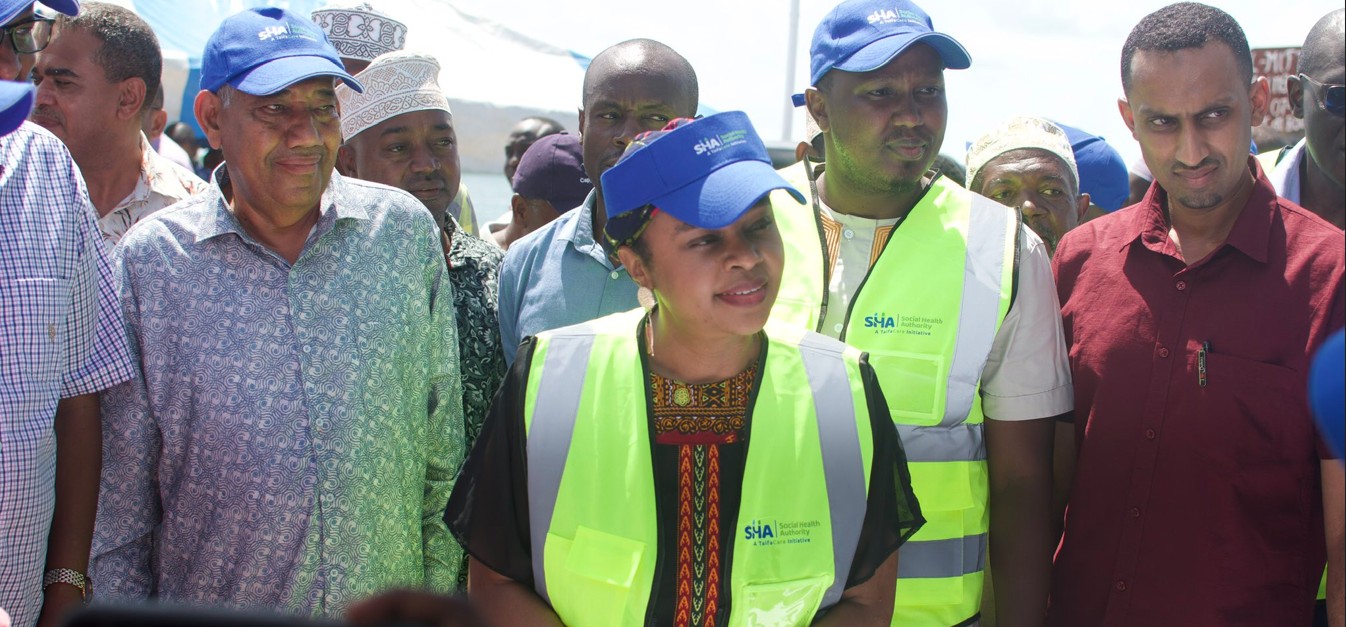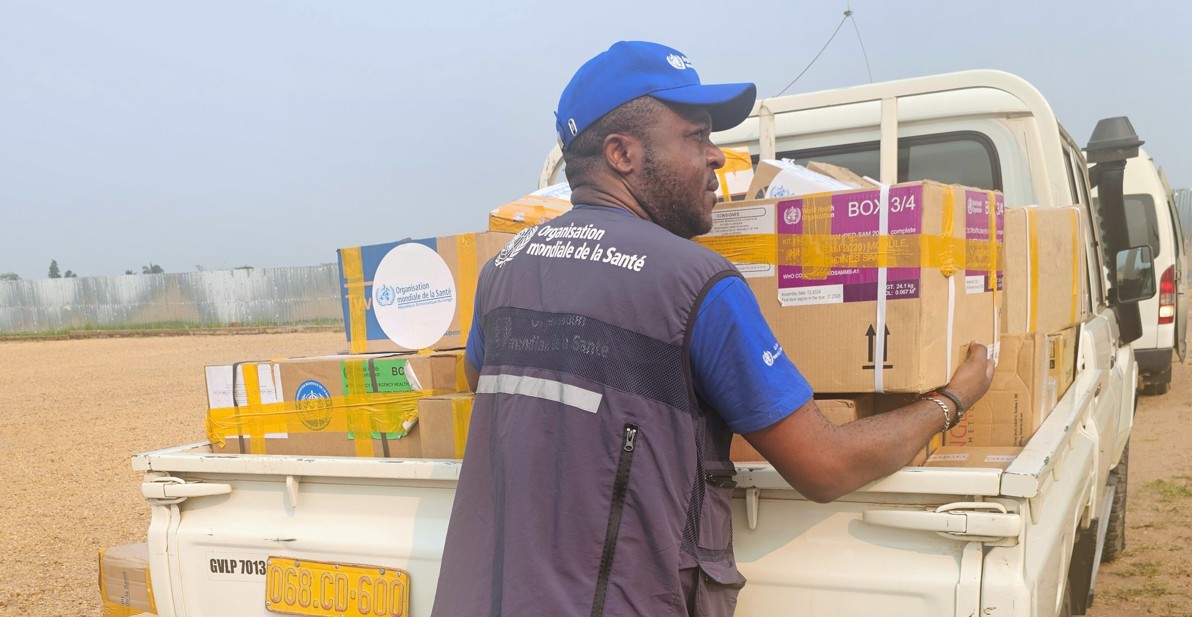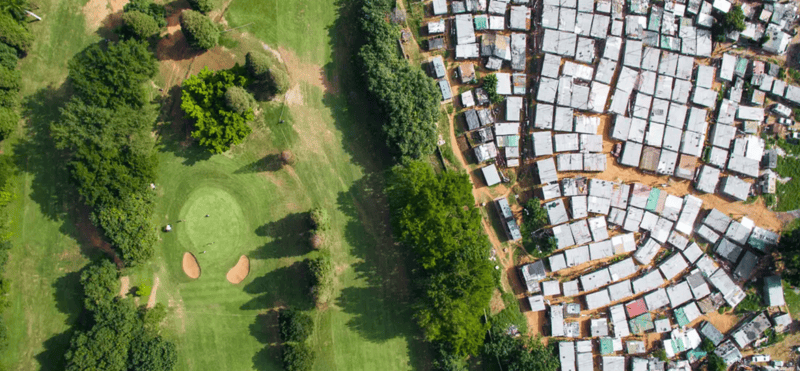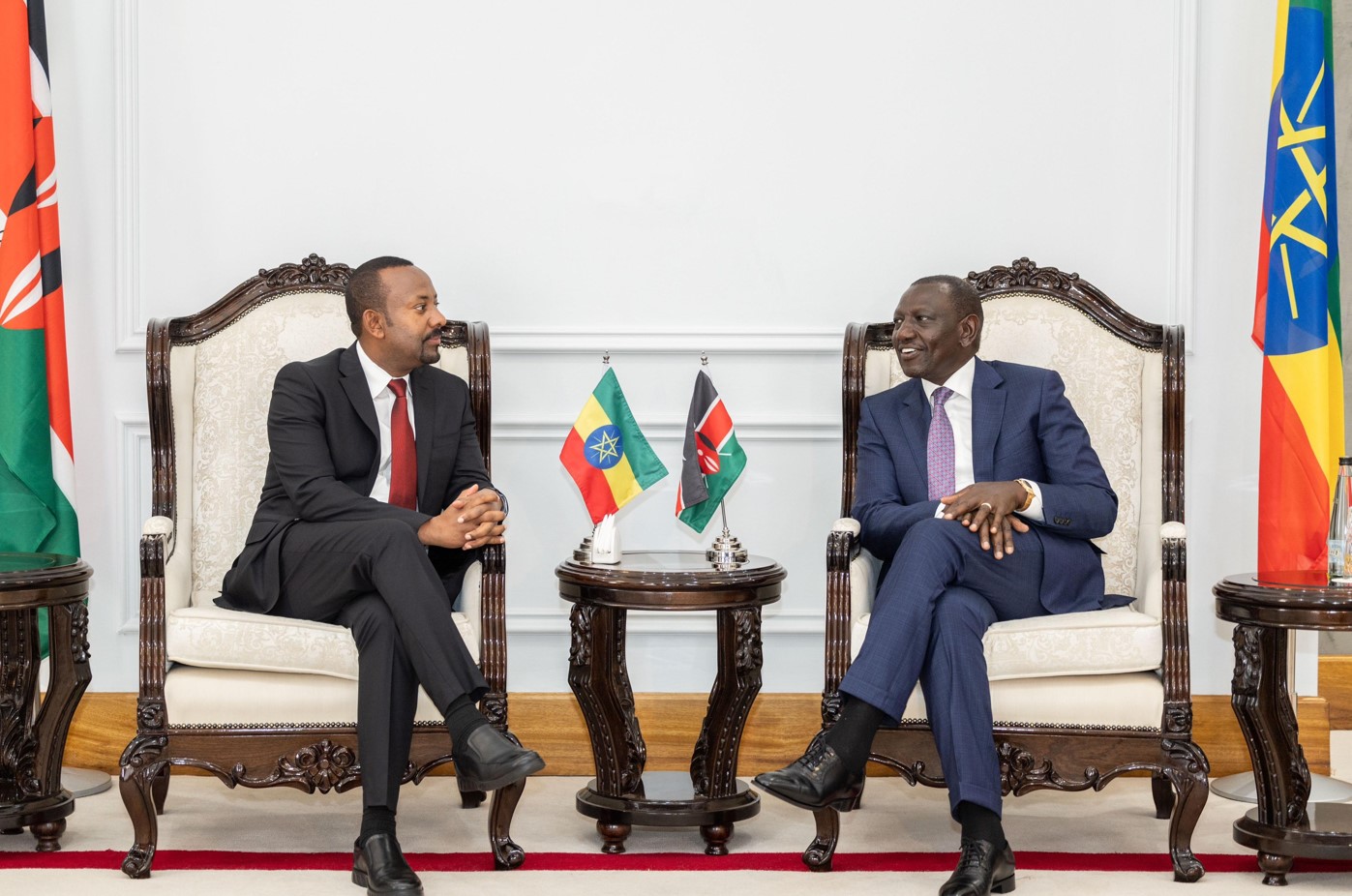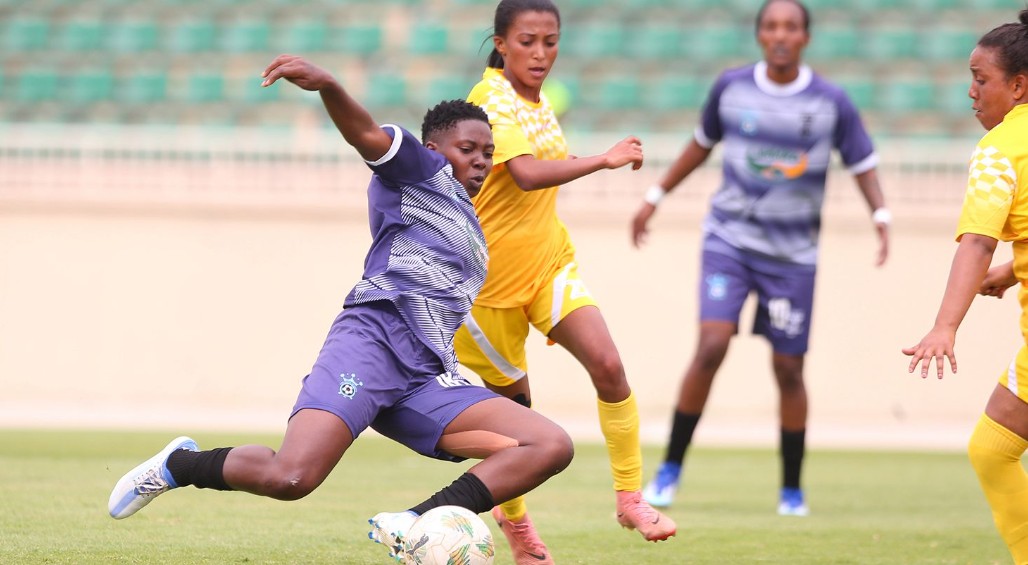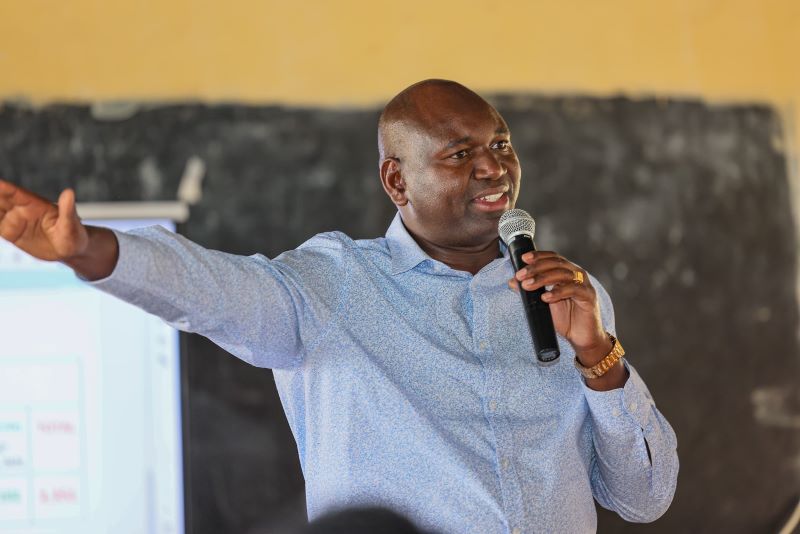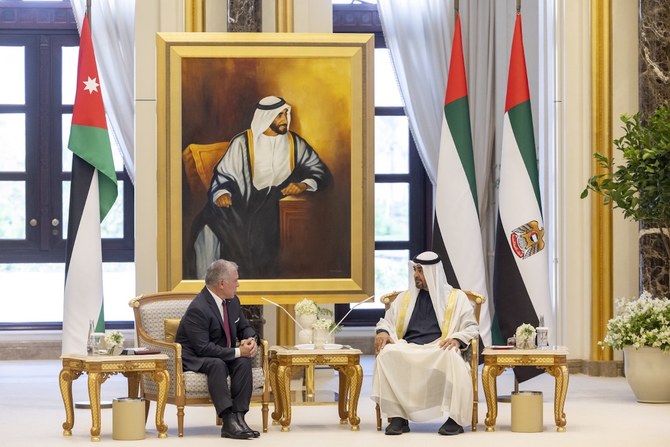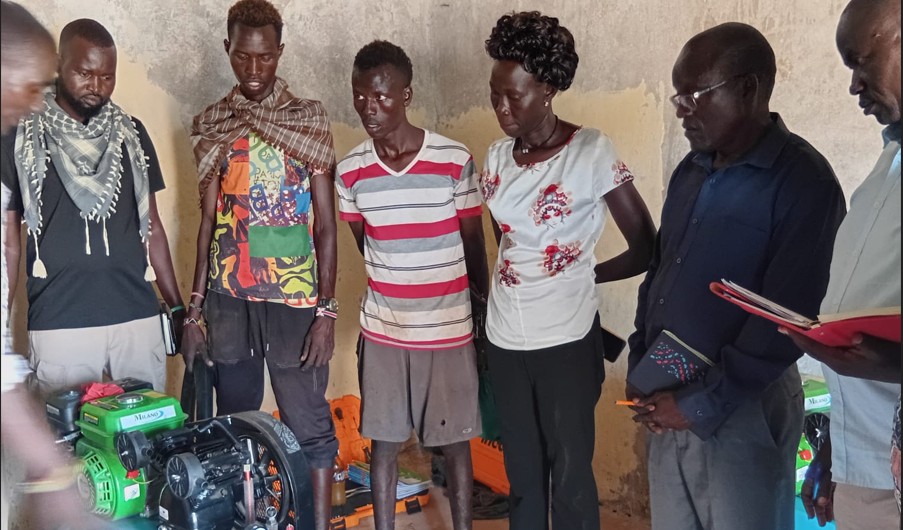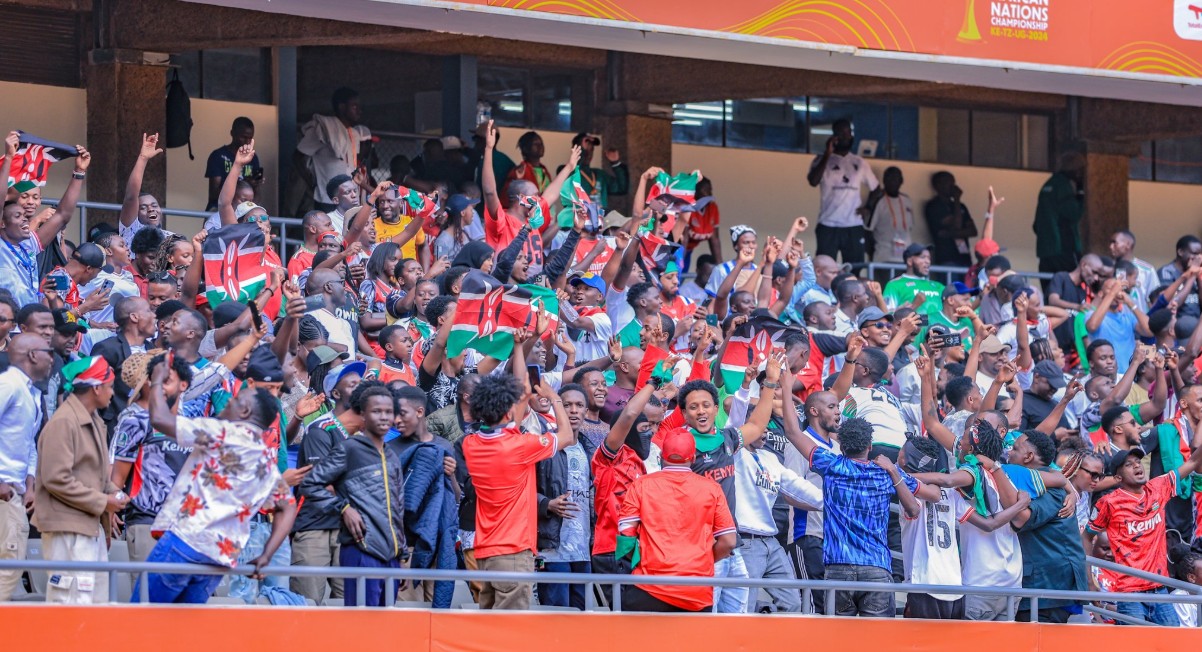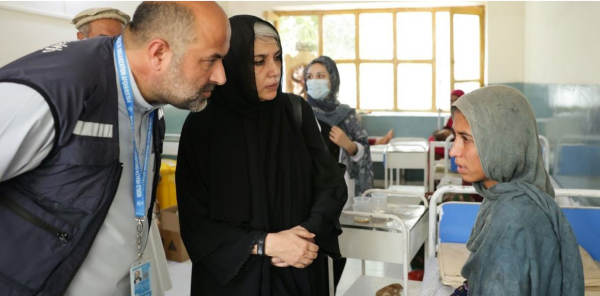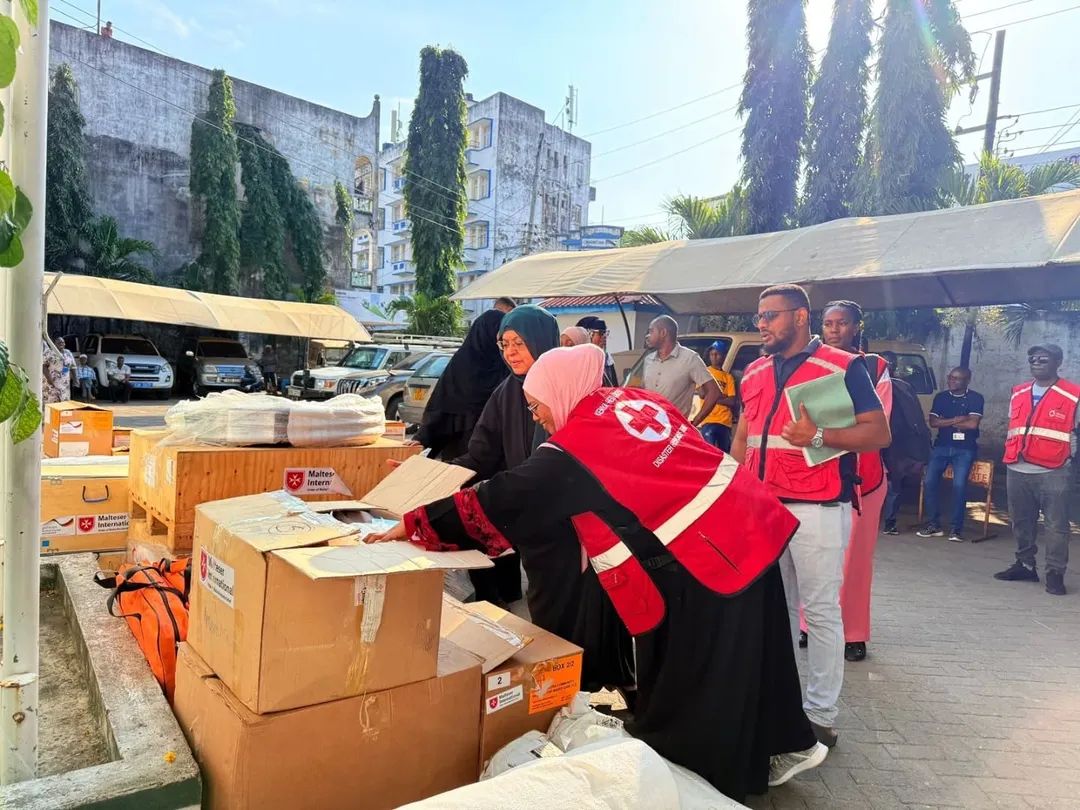Sudan’s RSF, rebel groups form new political coalition led by Hemedti
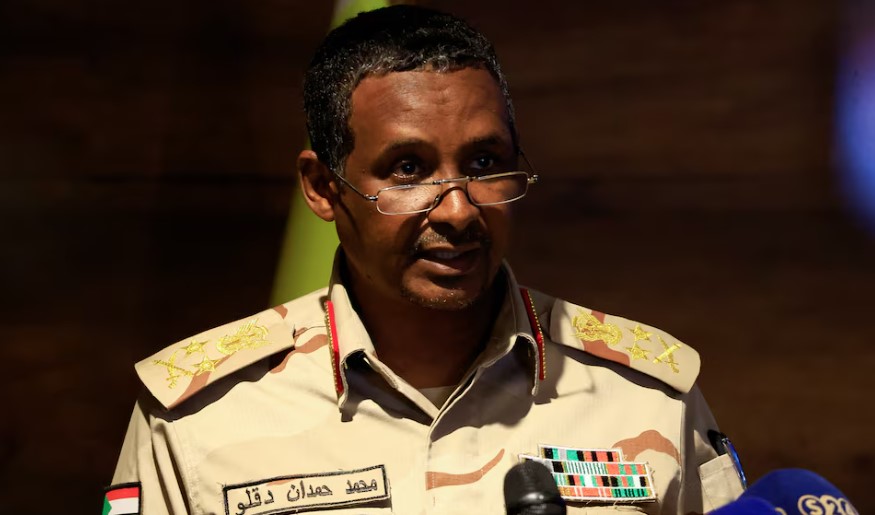
Reports indicate that the new entity, dubbed "Tasis" (Arabic for "Founding"), was unveiled in Nyala, South Darfur, signalling the coalition's intent to form a rival governing body in RSF-controlled areas.
Sudan's Rapid Support Forces (RSF), alongside key rebel-allied groups, have announced the formation of a new political coalition that positions RSF chief Mohamed Hamdan Dagalo, widely known as Hemedti, at its helm, with prominent rebel commander Abdelaziz Adam al-Hilu as his deputy.
Reports indicate that the new entity, dubbed "Tasis" (Arabic for "Founding"), was unveiled in Nyala, South Darfur, signalling the coalition's intent to form a rival governing body in RSF-controlled areas.
More To Read
- Villagers are digging by hand to rescue victims of Sudan landslide -Save the Children
- UN calls for targeted sanctions amid Sudan’s devastating war
- Sudan accuses UAE of using Puntland as arms pipeline for RSF fighters
- Egypt, Sudan discuss Ethiopia's Nile dam, affirm shared water security
- 89 per cent of Sudan’s farmers facing reduced yields amid civil war - report
- Sudan extends opening of border crossing with Chad for 4 months
The coalition represents an alliance between the RSF, al-Hilu's Sudan People's Liberation Movement-North (SPLM-N), and various political and civil society actors who first signed a charter in Nairobi in February.
The rollout had been delayed amid internal disagreements, but the recent announcement confirmed the structure is now in place.
According to coalition spokesperson Alaa al-Din Nugud, the alliance has finalised its internal charter and established a 31-member governing council. Hemedti and Abdelaziz will lead the body, with Makin Hamid Tirab appointed as its rapporteur.
The spokesperson added that the council will serve as the executive organ of the alliance, with further committees to be formed as necessary.
"Ending the war now requires confronting the party that ignited it and seeks to prolong the conflict by sabotaging negotiations," he said, according to Radio Tamazuj.
Further, he emphasised that the new structure is not an end goal, but rather a vehicle for building a state grounded in "non-negotiable constitutional principles" focused on meeting the needs of the population.
He also labelled the new coalition as a corrective to the failures of previous alliances, arguing that any lasting transformation must acknowledge the country's long history of systemic exclusion.
The spokesperson also highlighted the diverse composition of the new coalition, which he says includes not only rebel and political factions but also unions, professionals and voices from marginalised communities.
"Roles have been distributed among the leadership, future government, and presidential council to share political, negotiation, and service-delivery responsibilities," he said.
Top Stories Today
